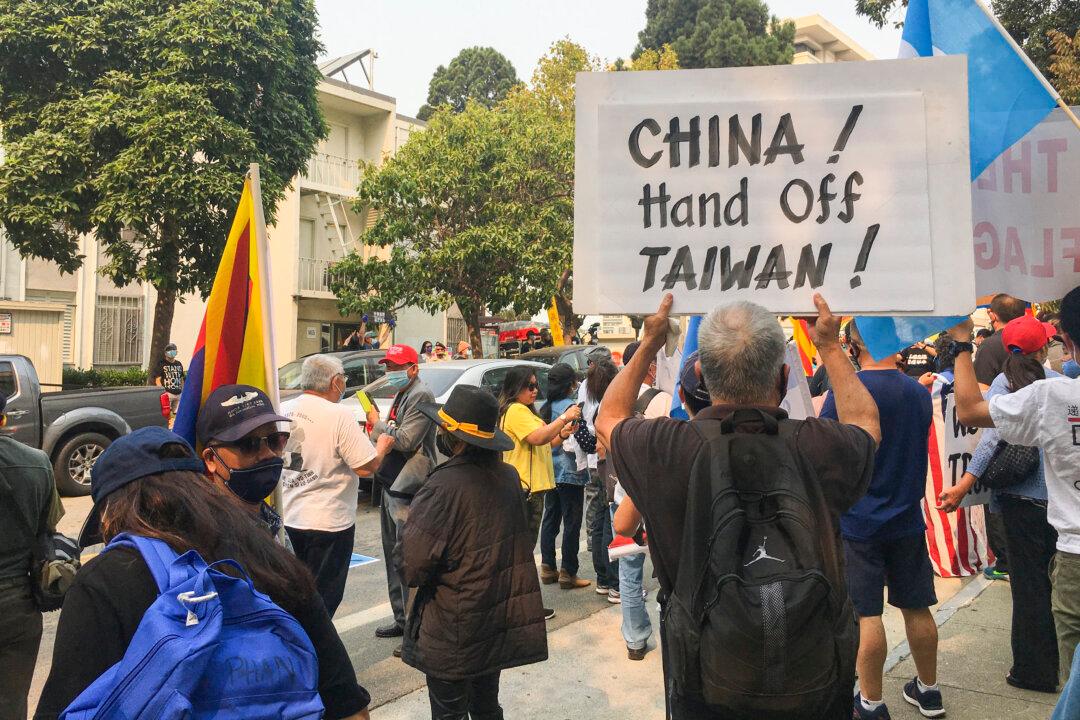Commentary
There are two major moral arguments for Taiwan’s independence, and surprisingly they were both recently made by Chinese Communist Party (CCP) leader Xi Jinping.

There are two major moral arguments for Taiwan’s independence, and surprisingly they were both recently made by Chinese Communist Party (CCP) leader Xi Jinping.